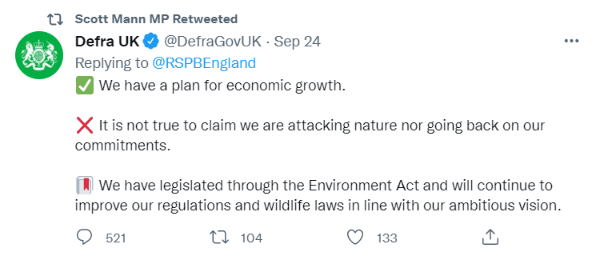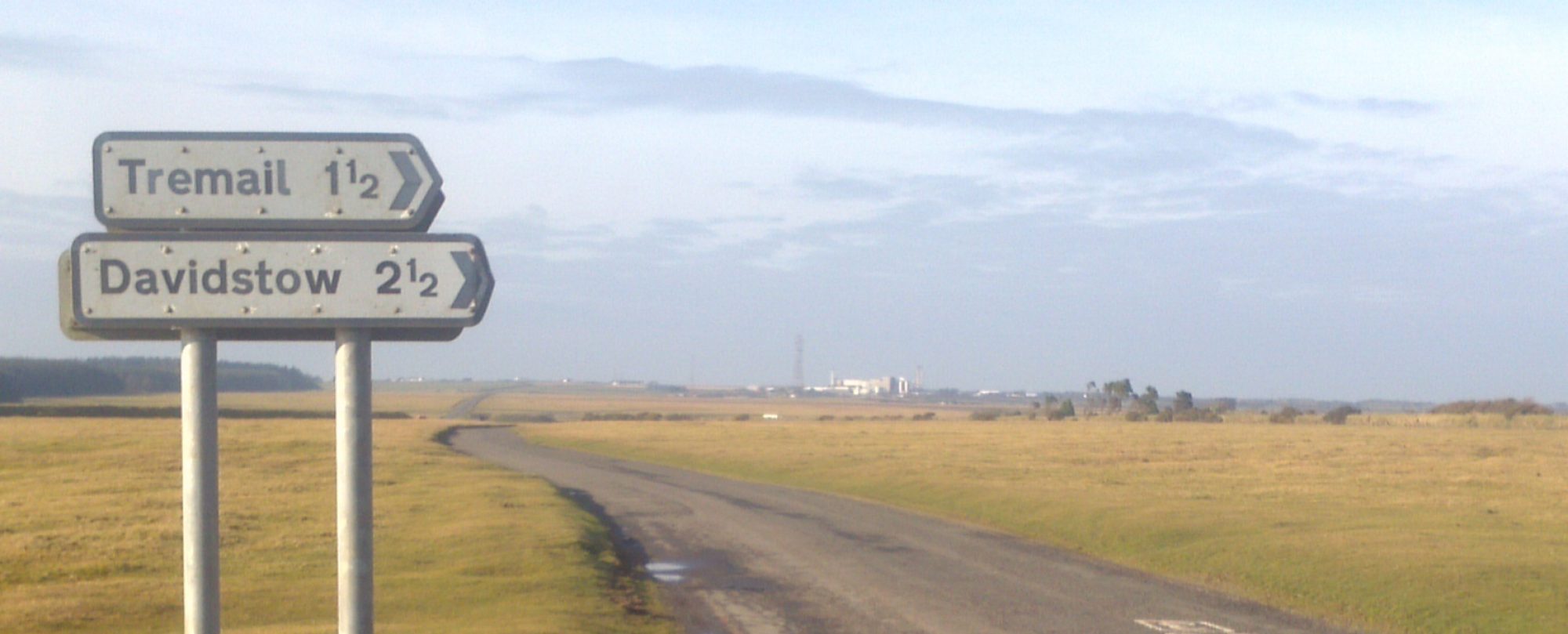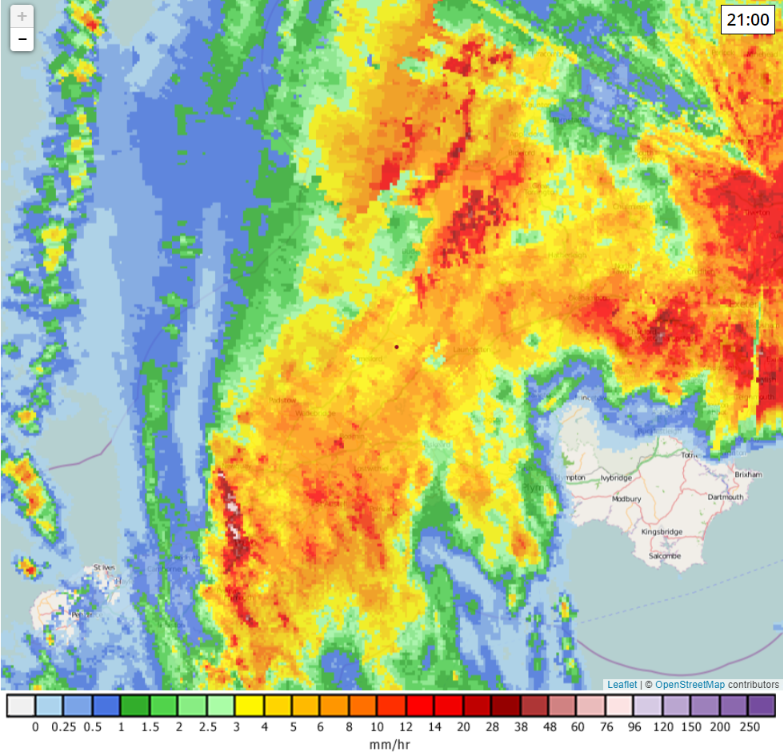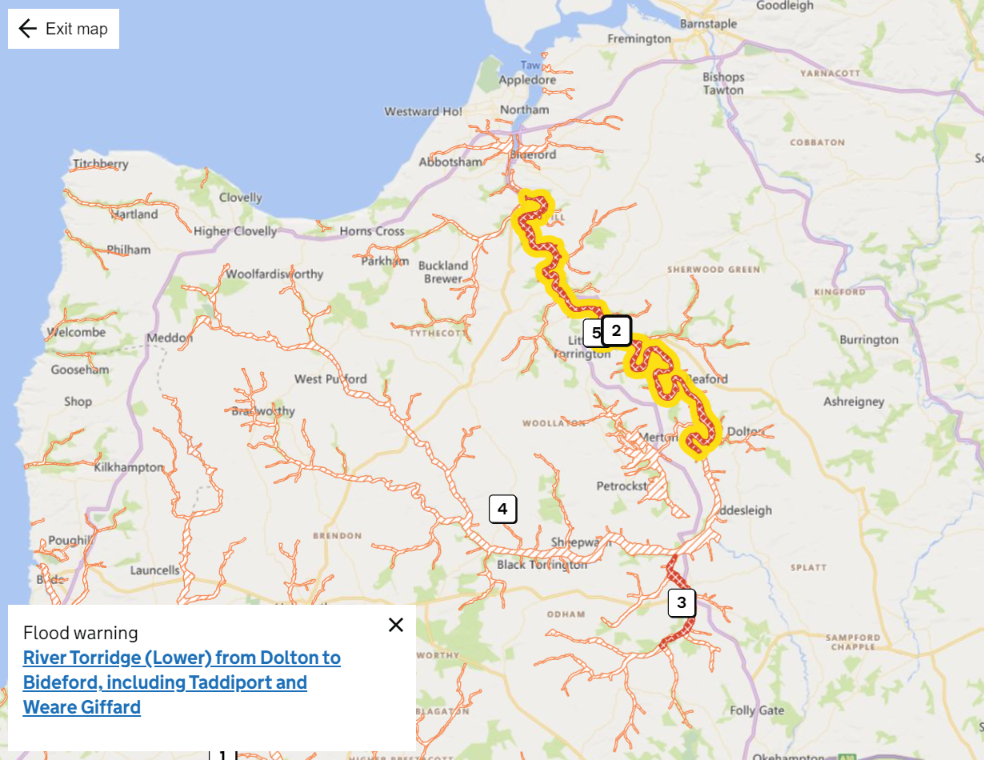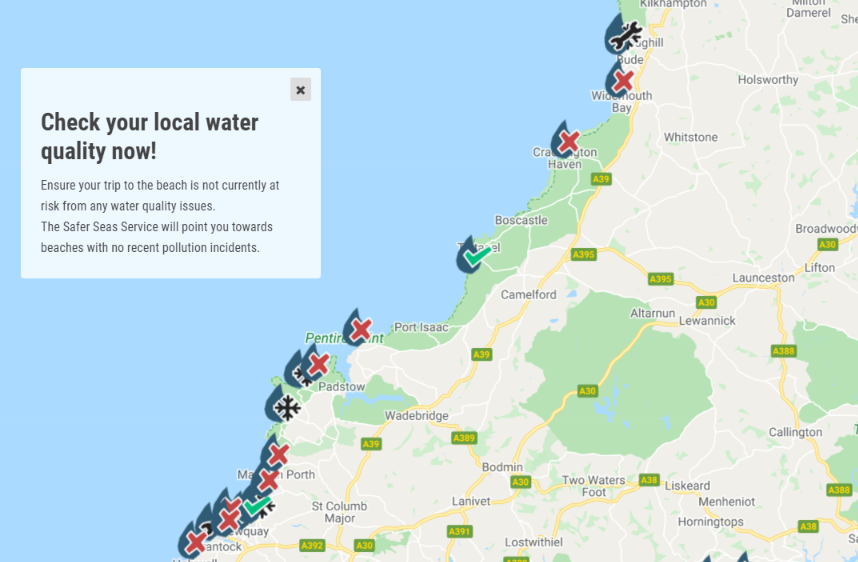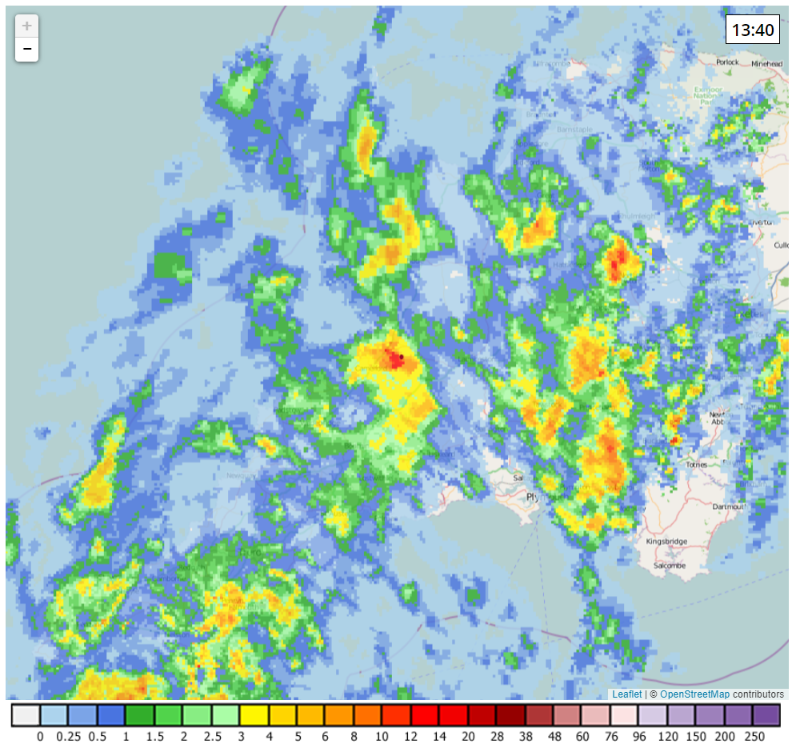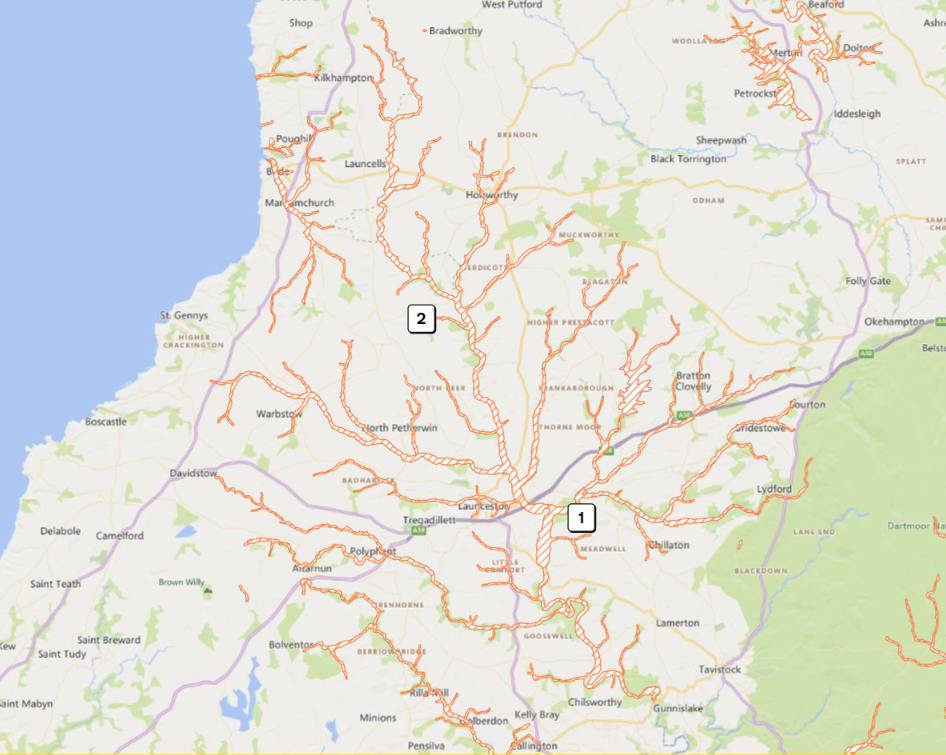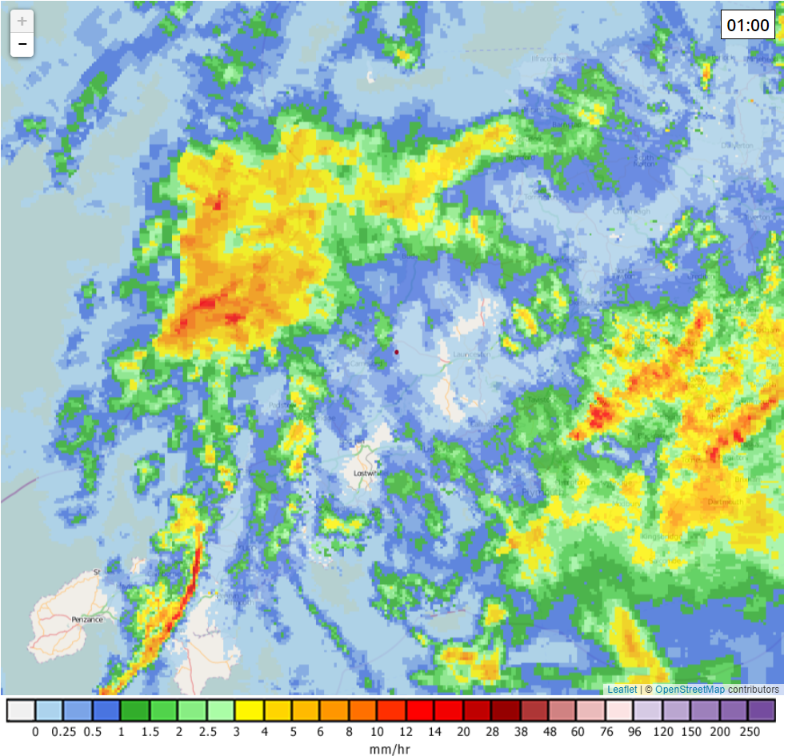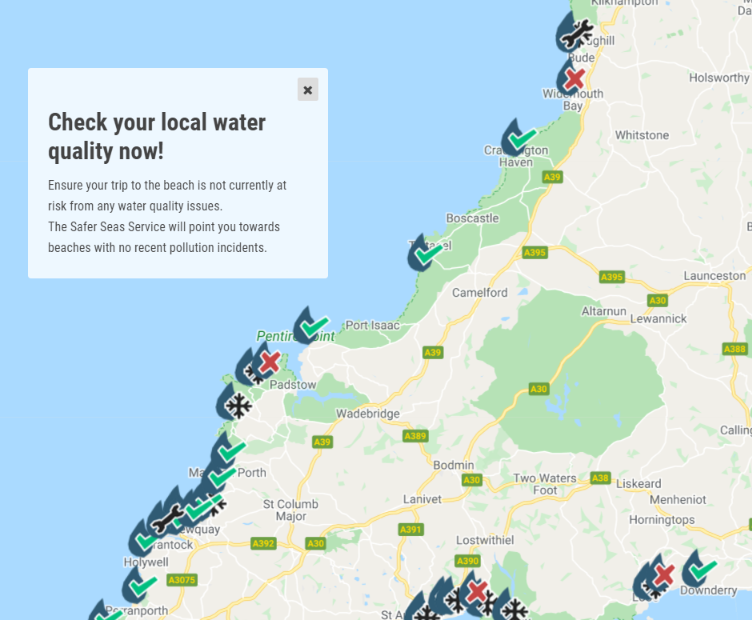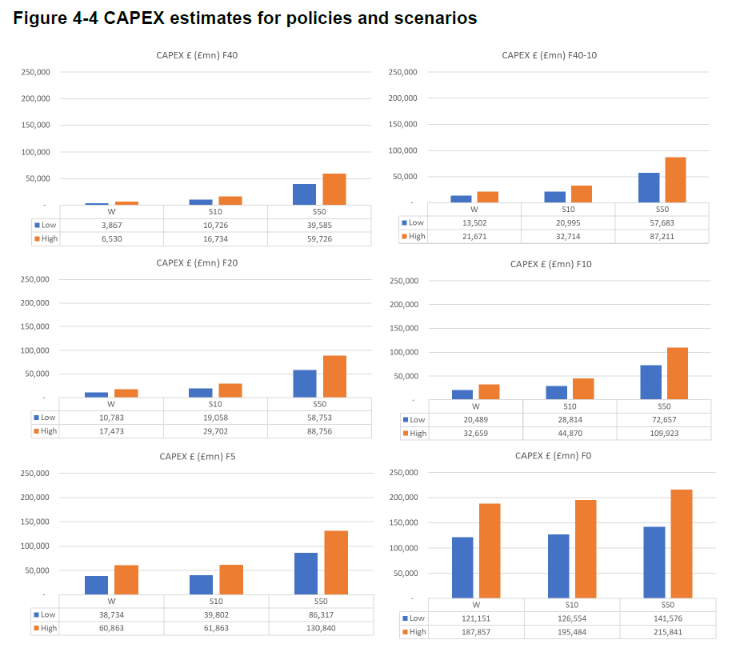I attended the meeting of Davidstow Parish Council in Tremail Methodist Hall yesterday, where much discussion took place regarding the plans by Dairy Crest to invest £85£75 million in their creamery at the top of the hill. The odours apparently still emanating from the Dairy Crest water treatment plant also got a good airing!
The Chairman of the Parish Council mentioned that there had been a meeting of the Davidstow Residents Action Group (DRAG) on August 2nd to discuss that issue:
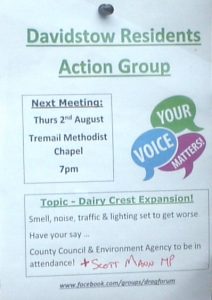
Scott Mann, the M.P. for North Cornwall, had been in attendance, but the Environment Agency and our local County Councillor Rob Rotchell had not.
A resident of Trewassa reported that due to the easterly winds over the preceding weekend the smell had been “awful” on that side of the plant. The chairman said that Dairy Crest had attempted to implement “6 solutions that haven’t worked” and reported that the Environment Agency had given Dairy Crest 6 weeks to provide an explanation for the latest odious odours.
Getting back to Dairy Crest’s expansion plans, Reuters reported back in May that:
The company said it would expand its cheese production facility at Davidstow, in southwest England to 77,000 tonnes from 54,000 tonnes a year by raising cash through a share placement.
It would place 14.1 million ordinary shares, or about 9.98 percent of current issued shares, at a price of 495 pence per share.
The cost of the expansion is expected to be 85 million pounds and will be carried out over the next four to five years, Dairy Crest said.
Dairy Crest have employed the services of St. Austell based consultancy Situ8 to handle the planning issues associated with the expansion. Situ8’s Angela Warwick was at the meeting, and she explained that whilst plans for upgrades to the creamery itself were well advanced nothing could be implemented until the waste water treatment plant was upgraded and the current issues solved. Plans for that are less advanced it seems.
In addition there are also plans to construct a solar photovoltaic “farm” near the “cheese factory” as it is frequently referred to locally. There will be a consultation with Dairy Crest in Camelford on September 21st to discuss all this in greater detail.
Watch this space for more news as and when we receive it!
[Edit – September 8th]
I received the following letter in today’s post. It seems Reuters neglected to mention that “£75 million of which will be spent in Davidstow” regarding the planned investment by Dairy Crest.
Dear Mr Hunt,
I am writing with reference to two matters – firstly to update you on works to alleviate the odour emissions and secondly with regard to our planned investment at Davidstow.
As you know, permanent covers were fitted to two of the tanks at the Waste Water Treatment Plant (WWTP) at the beginning of this year. The initial results following the installation were good, indicating a substantial reduction in odours, as we had expected. Since then, we have had some further challenges due to the build-up of sludge in one of the covered tanks. lt has taken some time to safely remove this accumulation but the works have now been completed. Additional work is now being undertaken with an external consultant to check what further improvements can be made.
I am also writing to you about our recent announcement to undertake an £85 million investment to increase our cheese production capacity and improve our environmental credentials, £75 million of which will be spent in Davidstow.
This is a long term project which is expected to take place over the course of the next four to five years and will involve a small amount of additional construction on the site. A major part of this project is to make further investment in the WWTP to improve its efficacy and minimise the potential for it to impact on you, our neighbours. We will be installing new equipment, inside a process building, which will reduce the load on the current plant and thereby the potential for odour issues to occur. We also intend to develop a solar installation to generate electricity for our own consumption, thereby reducing the load on the local grid as well as reducing the site’s carbon footprint.
This investment is also good news for our 330 supplying dairy farmers, all of whom are in Devon and Comwall, and our 200 employees at Davidstow. Our existing farmers will be able to invest in their businesses and it will secure jobs at the creamery, thereby having a positive impact on economic activity in the region.
Please find enclosed an invitation to a public consultation regarding our intention to submit an application for planning permission for these projects. This will take place on Friday, 21 September from 4pm to 7.30pm at Camelford Hall, Clease Road, Camelford PL32 9QX.
We would encourage you to come to this event so that you can learn more about the proposals directly from us and so that we can answer any questions you may have. All the feedback we gather will be used to inform the planning proposals.
Yours sincerely,
Mark Evans
Site Director, Davidstow Creamery
